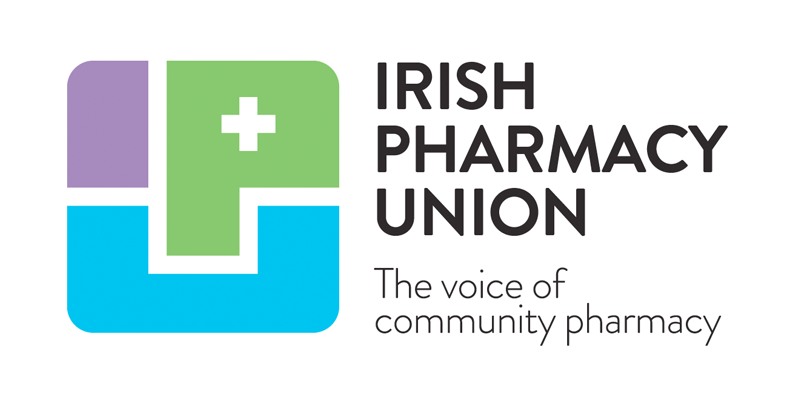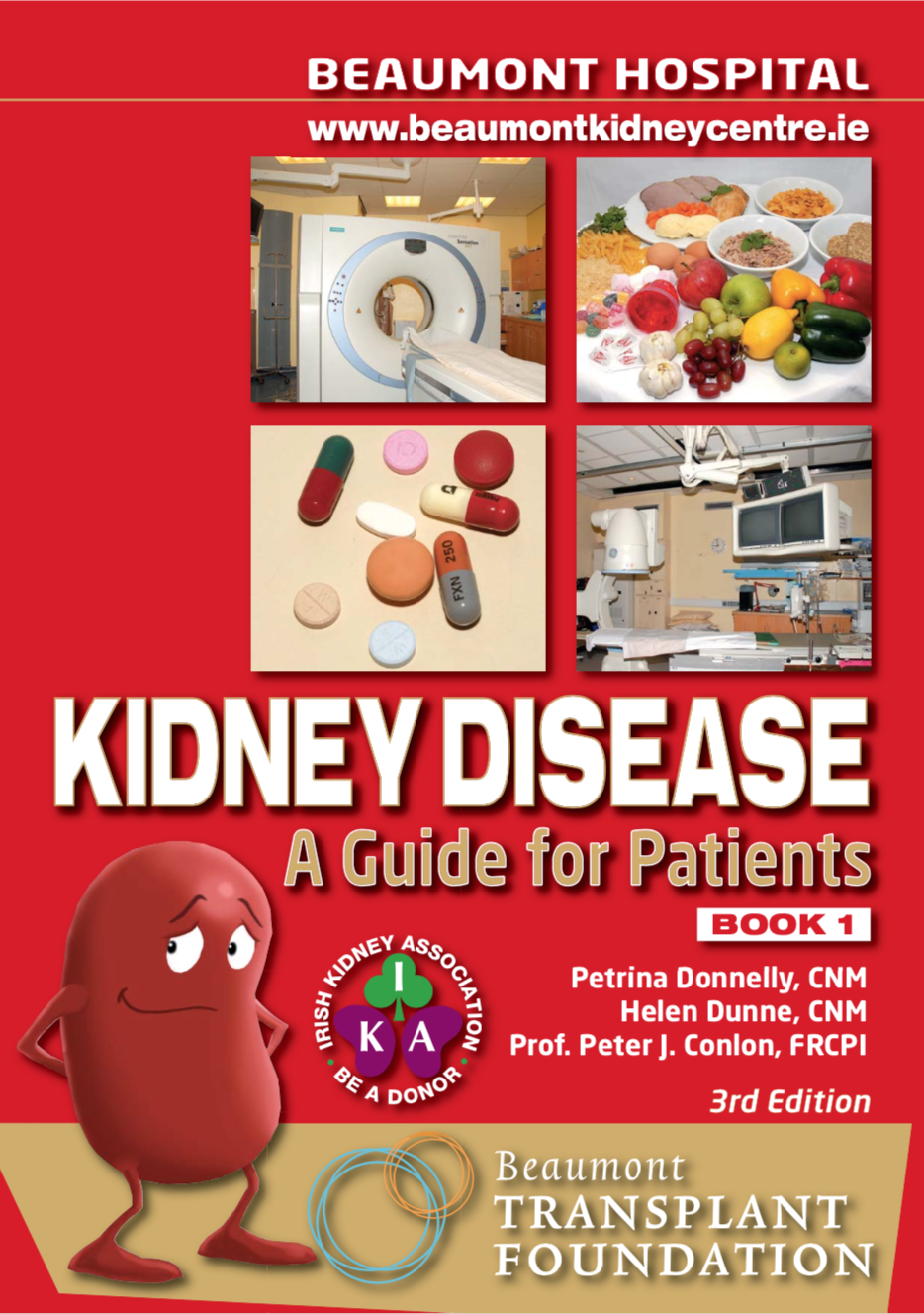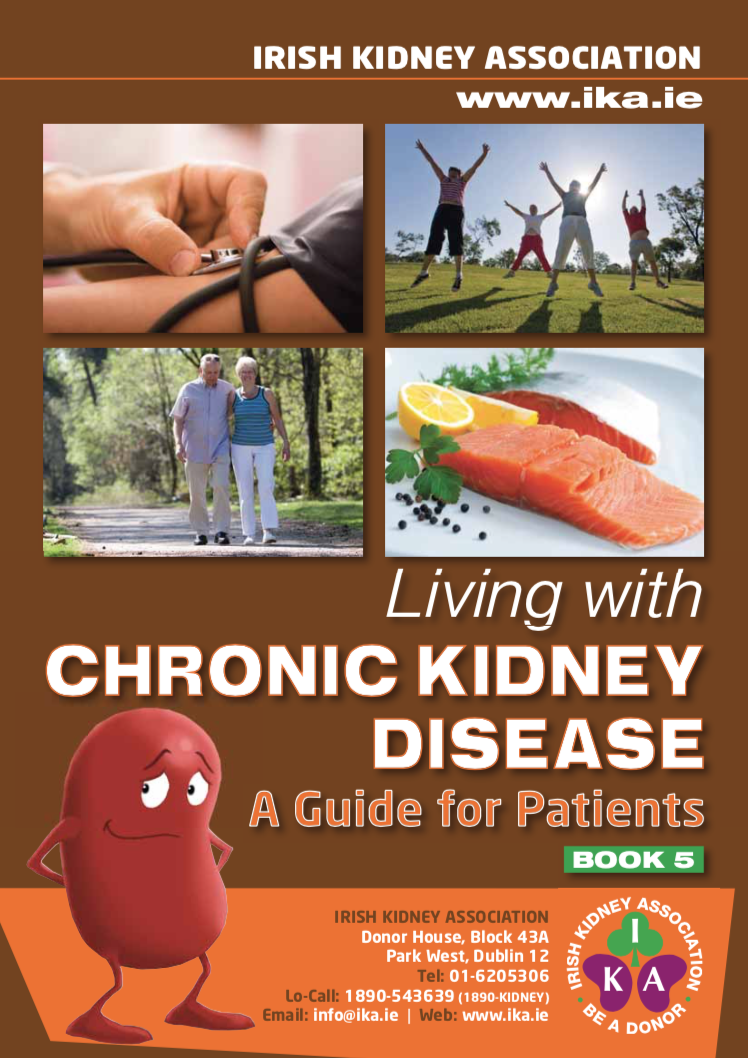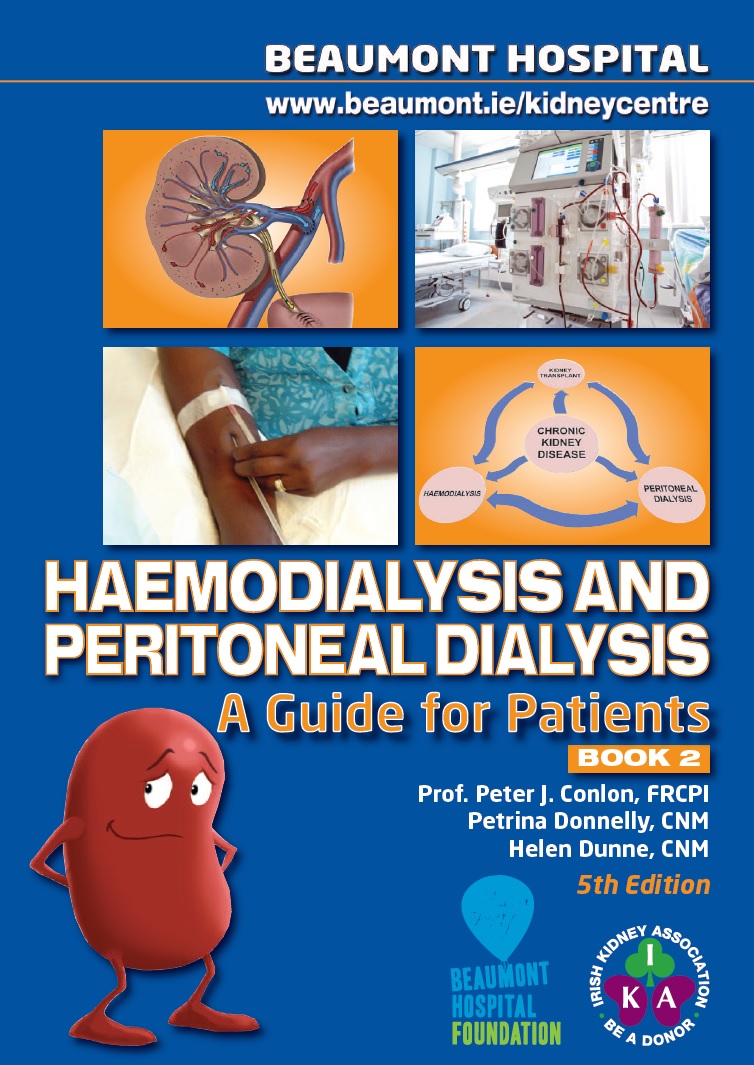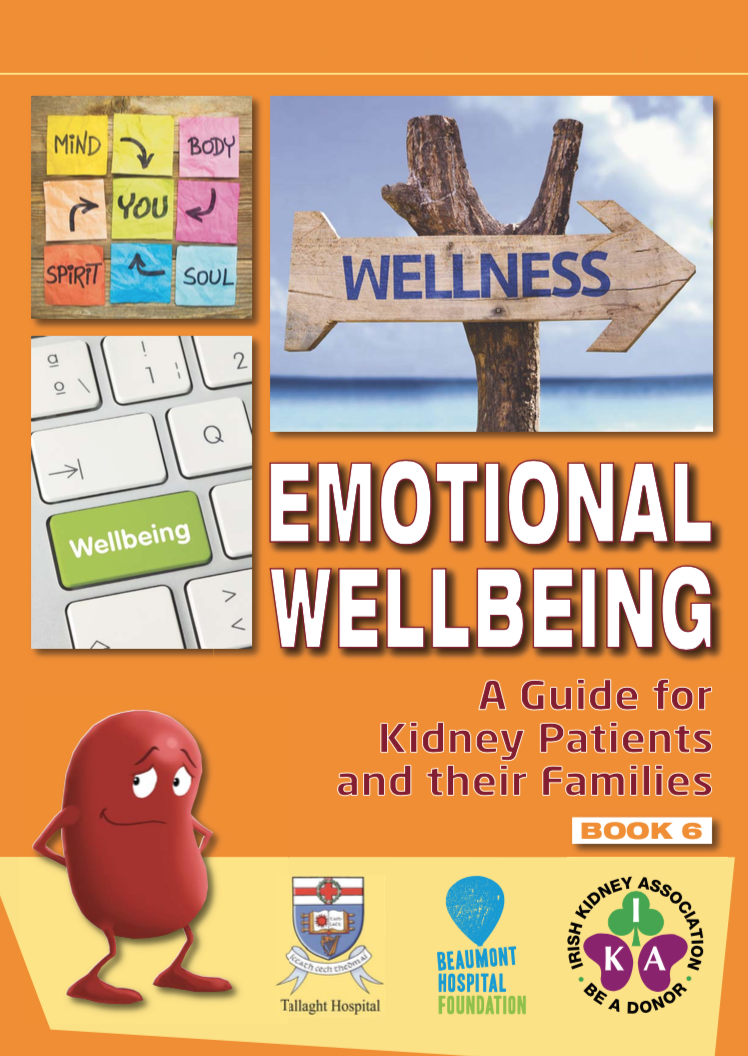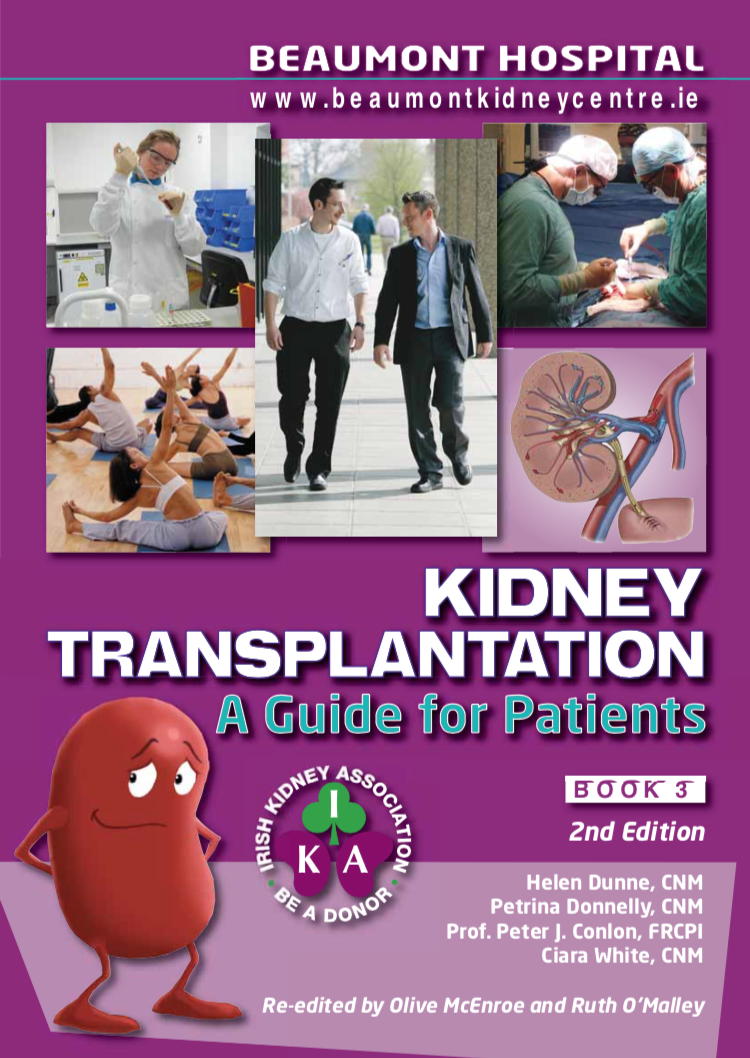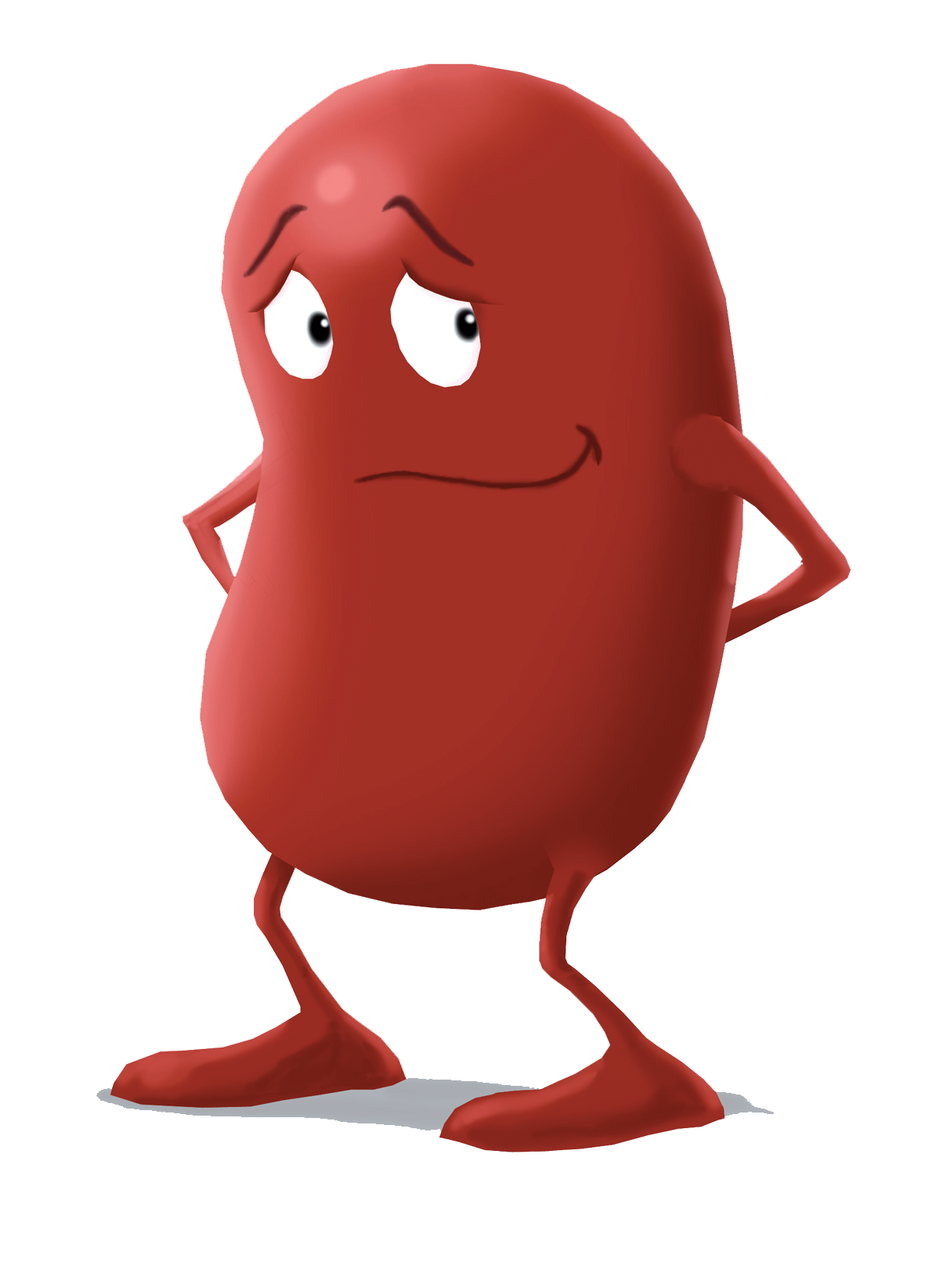Why Do We Count On Our Kidneys?
Our kidneys are two bean-shaped organs about the size of a fist, located on either side near the middle of your back, that filter and remove waste products and excess fluid from the body.
Your kidneys do many other important jobs too, such as help control your blood pressure, keep your bones and heart healthy and help in the production of red blood cells, which are used to carry oxygen around the body.
What Is Chronic Kidney Disease?
Chronic Kidney Disease (CKD) is a condition in which the kidneys cannot perform their normal functions. Your kidneys lose the majority of their filtering ability and, as a result, fluid and waste builds up in your body.
CKD usually develops slowly, with few signs or symptoms in the early stages. Many people with CKD do not realise they have a problem until their kidney function has decreased to less than 25 percent of normal. This damage usually occurs slowly, and is not reversible.
Kidney function can decline gradually over several years, or rapidly over several months. Eventually function will drop so low that dialysis treatment or a kidney transplant will be required. This is known as End Stage Kidney Disease (ESKD).
Watch our Kidney Health webinar, highlighting the importance of early diagnosis of Chronic Kidney Disease (CKD). Speakers:
Who Is At Higher Risk Of Developing CKD? You Are, If You...

We All Have Kidney Numbers. Do You Know Yours?
Your kidney numbers show how well your kidneys are working and whether you might need treatment.
Your numbers are determined through two simple tests:
Urine Test: ACR (Albumin to Creatinine Ratio) tests how much albumin (a type of protein) is in your urine. Too much albumin in your urine is an early sign of kidney damage.
Blood Test: GFR (Glomerular Filtration Rate) is a measure of how well your kidneys work, and shows if you have Chronic Kidney Disease (CKD).
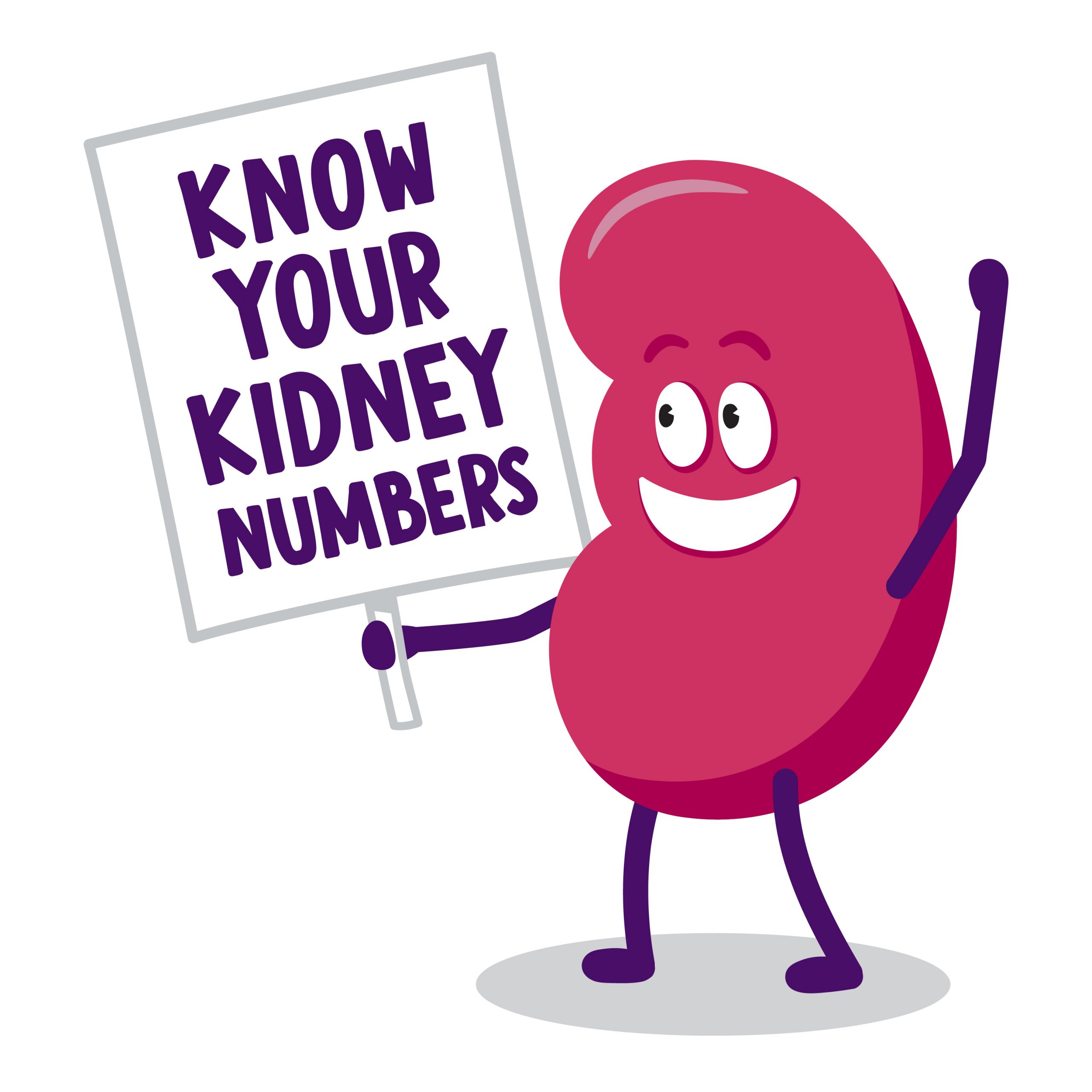

What Happens If I Am Diagnosed with CKD?
The stages of CKD can be thought of in terms ranging from 1 to 5.
Most patients who are diagnosed as having Stage 1, 2, or 3 have only mild kidney disease and do not progress to End Stage Kidney Disease (ESKD).
This is where early detection and treatment matters - no two patients are the same and progression is not predictable, but for example if your kidney numbers dropped by 1% each year, it would take 80 years to progress from Stage 1 (90%+) to ESKD (<15%). Once Stage 4 is reached damage is more severe and usually not reversible, and Stage 5 is where options such as dialysis or a kidney transplant will be explored.
The IKA have been supporting patients with ESKD since 1978. We are dedicated to meeting the needs of patients and their families and carers, living with or likely to be affected by end stage renal disease. These needs are spread across all aspects of life – medical, social and psychological.
If you are diagnosed with CKD, we are here to offer help, advice and even just someone to talk to.






